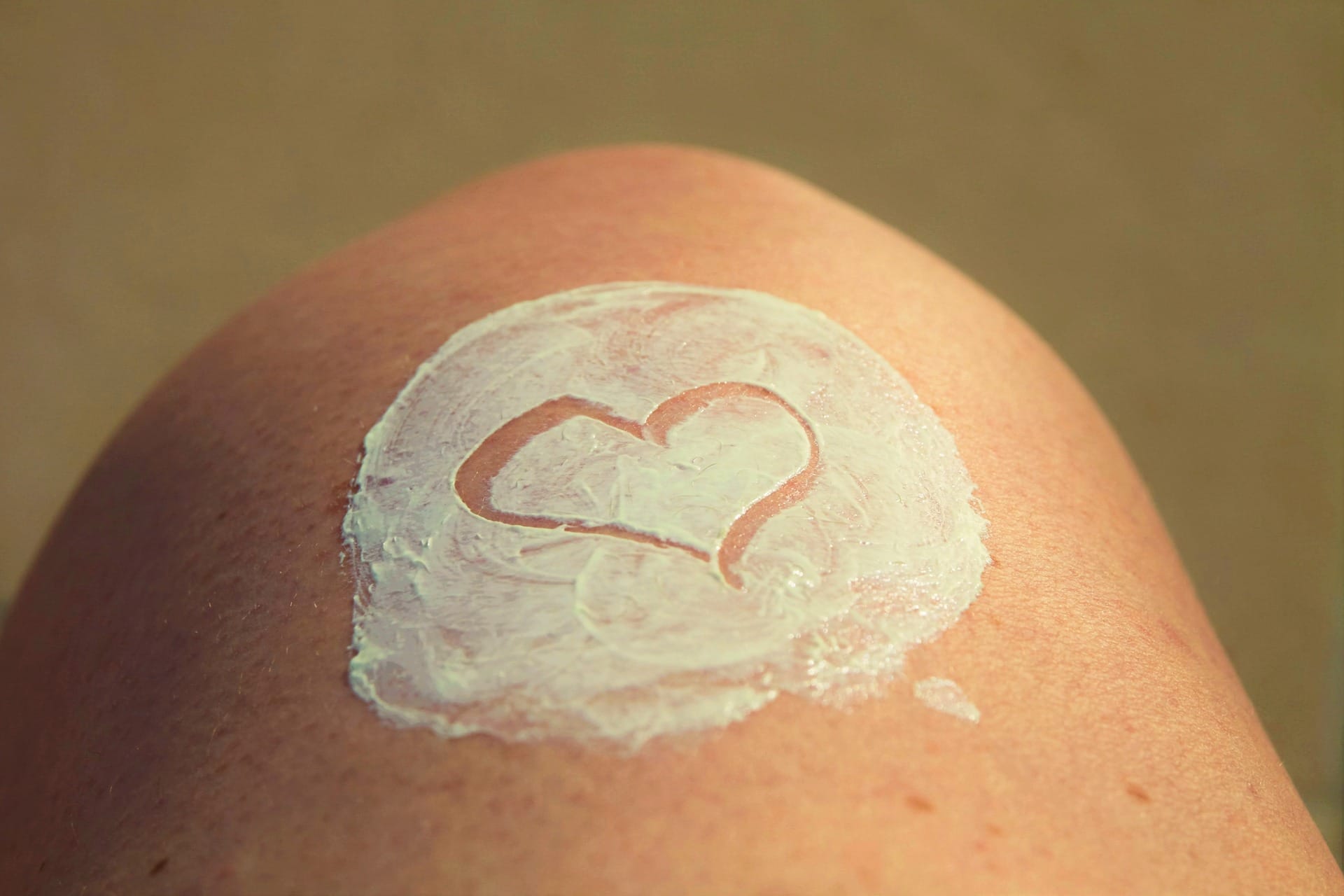Summer Skin Myths: Debunked

Summer Skin Needs Protection
Summer is upon us and lockdown rules are easing. This year, it is likely that many of us will be flocking to local beaches and sun spots. After many months trapped inside, who can blame us? Well, although there are many benefits to sun exposure, there are also many risks. It is very important to understand some of the key truths around our skin and the sun. Read on as we debunk some famous summer sun myths.
1. Cloud Coverage Protects From The Sun
We hear this one often and I suppose its easy to think it would make sense. The sun goes behind the clouds and it is less bright and we don’t quite feel the heat as much. Naturally, we would assume there is less chance of getting burned. Wrong. Around 80% of UV radiation (the type that burns us) actually gets through the clouds. This is why you may notice sunburn even on a cloudy day in summer.
2. You Can’t Get Sunburn in Water
In similar vain to being protected by clouds, the water will not protect you either. UV radiation can penetrate water to at least a meter in depth. Added to this is the reflected light from the surface which will actually intensify the UV exposure. If you’re hitting the pool or playing in the sea, wear UV protection.
3. SPF 100 means double the protection versus SPF 50
Sunscreen is actually a little more complex than just checking the SPF. With SPF 50 around 2% of UVB (the kind that damages us) gets through. With SPF 100 its around 1% so the difference is minor. You also need to make sure you look for a sunscreen that protects with a broad spectrum – this will protect against both UVA and UVB. We suggest reading up on how to understand sunscreen and also check out this article by the skin cancer foundation.
4. You Don’t Need Moisturizer in Summer
Many of us assume that our skin is more oily in summer and therefore we don’t need moisturizer. Although dry skin occurs more frequently in winter. It is very mportant that you continue to moisturize in summer. Moisturizers keep your skin healthy and if you allow your skin to dry out and ‘breathe’ it could encourage the over production of oil. This over production of oil will leave your skin greasy which means you’re more likely to see spots and acne.
5. Sun Exposure Treats Acne
This is a fact and a myth rolled into one. It’s true that sun exposure can temporarily improve inflammatory acne. However, the alternative risks are much higher. If not careful, sun exposure can lead to skin cancer and exposure in the sun can actually make those darker acne spots worse. Try to get some light exposure but do not overdo it!
We hope we’ve helped with a couple of the key myths associated with the summer and its effect on our skin. Have you heard something you would like to check up on? Or perhaps you have a mole, spot or rash you’d like to get checked quickly? Speak to our online dermatologists and we’ll provide an answer within hours.
Ask a Dermatologist Now
Anonymous, fast and secure!

The Specialist doctor from the University Hospital in Gothenburg, alumnus UC Berkeley. My doctoral dissertation is about Digital Health and I have published 5 scientific articles in teledermatology and artificial intelligence and others.

